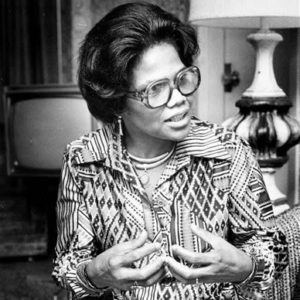 Edith Irby Jones
Edith Irby Jones
Race and Ethnicity: African American
 Edith Irby Jones
Edith Irby Jones
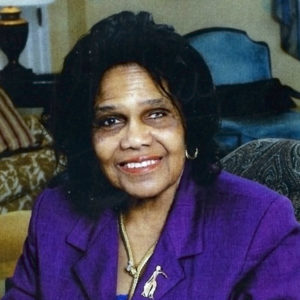 Edith Irby Jones
Edith Irby Jones
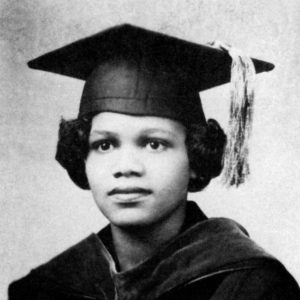 Edith Irby Jones
Edith Irby Jones
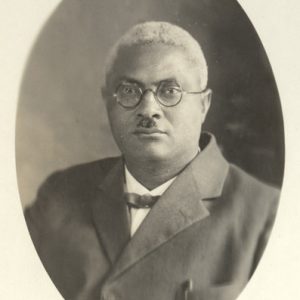 Fred Thomas Jones
Fred Thomas Jones
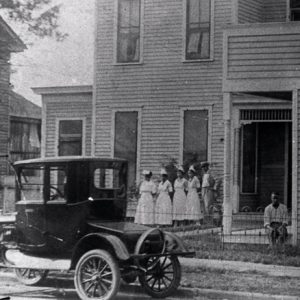 Fred Jones and Nurses
Fred Jones and Nurses
Jones, Fred Thomas
Jones, Green Hill
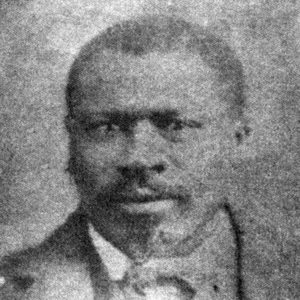 Green Hill Jones
Green Hill Jones
Jones, Henry (Lynching of)
Jones, James (Lynching of)
Jones, Jerry Louis
Jones, Judge (Lynching of)
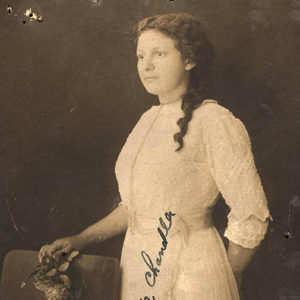 Katie Chandler Jones
Katie Chandler Jones
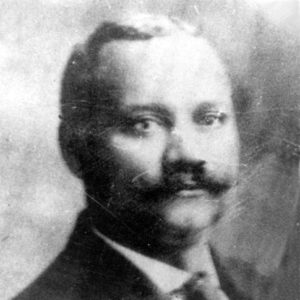 Scipio Jones
Scipio Jones
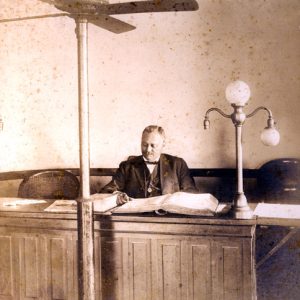 Scipio Jones
Scipio Jones
 Scipio Jones Portrait
Scipio Jones Portrait
Jones, Scipio Africanus
Jones, Wiley
aka: Walter Jones
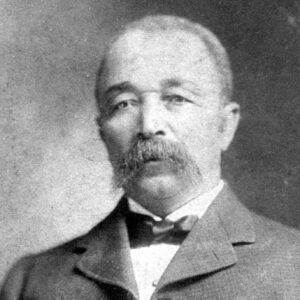 Wiley Jones
Wiley Jones
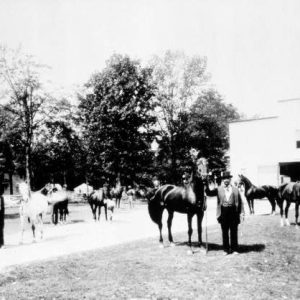 Wiley Jones with Horse
Wiley Jones with Horse
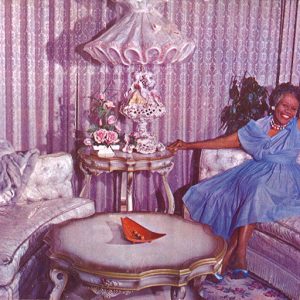 Willa Saunders Jones
Willa Saunders Jones
Jones, Willa Saunders
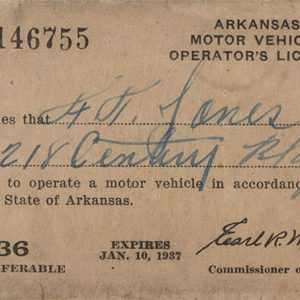 Jones's License
Jones's License
Jonesboro Lynching of 1881
aka: Greensboro Lynching of 1881
Joplin, Scott
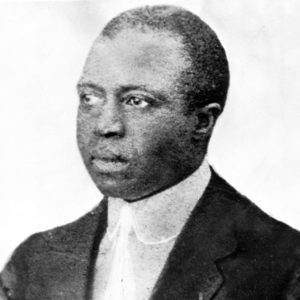 Scott Joplin
Scott Joplin
 Scott Joplin Stamp
Scott Joplin Stamp
Jordan, Bob (Lynching of)
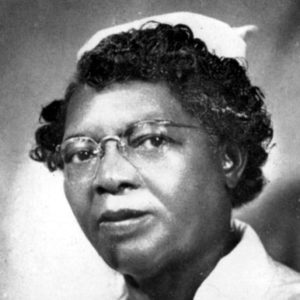 Lena Lowe Jordan
Lena Lowe Jordan
Jordan, Lena Lowe
 Louis Jordan Caldonia Stamp
Louis Jordan Caldonia Stamp
Jordan, Louis Thomas
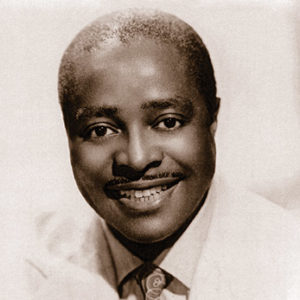 Louis Jordan
Louis Jordan
 Wilbert Jordan
Wilbert Jordan
Jordan, Wilbert Cornelius
Josenberger, Mame Stewart
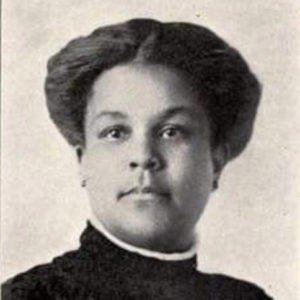 Mame Stewart Josenberger
Mame Stewart Josenberger
Joshua, Ernest Parnell
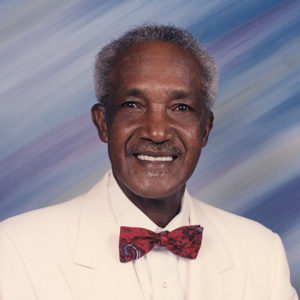 Ernest Joshua
Ernest Joshua
 Al Joyner
Al Joyner
Joyner, Alfredrick Alphonso (Al)
Juneteenth
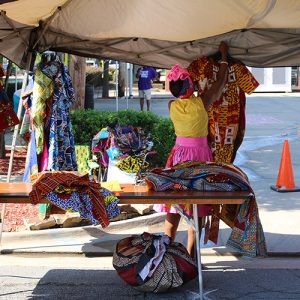 Juneteenth; 2018
Juneteenth; 2018
 Juneteenth; 2018
Juneteenth; 2018
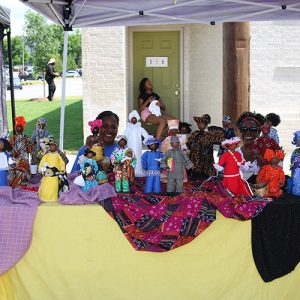 Juneteenth; 2018
Juneteenth; 2018
K. Hall and Sons
Karlmark, Gloria Cecelia Ray
Kearney, James and Ethel
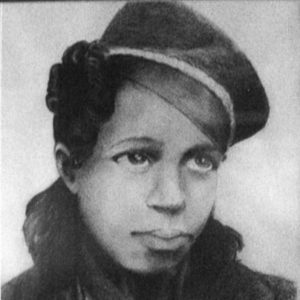 Ethel Kearney
Ethel Kearney
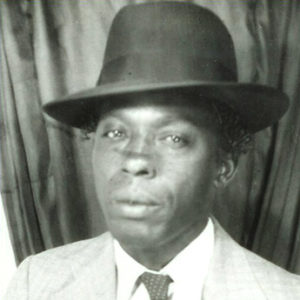 James Kearney
James Kearney




